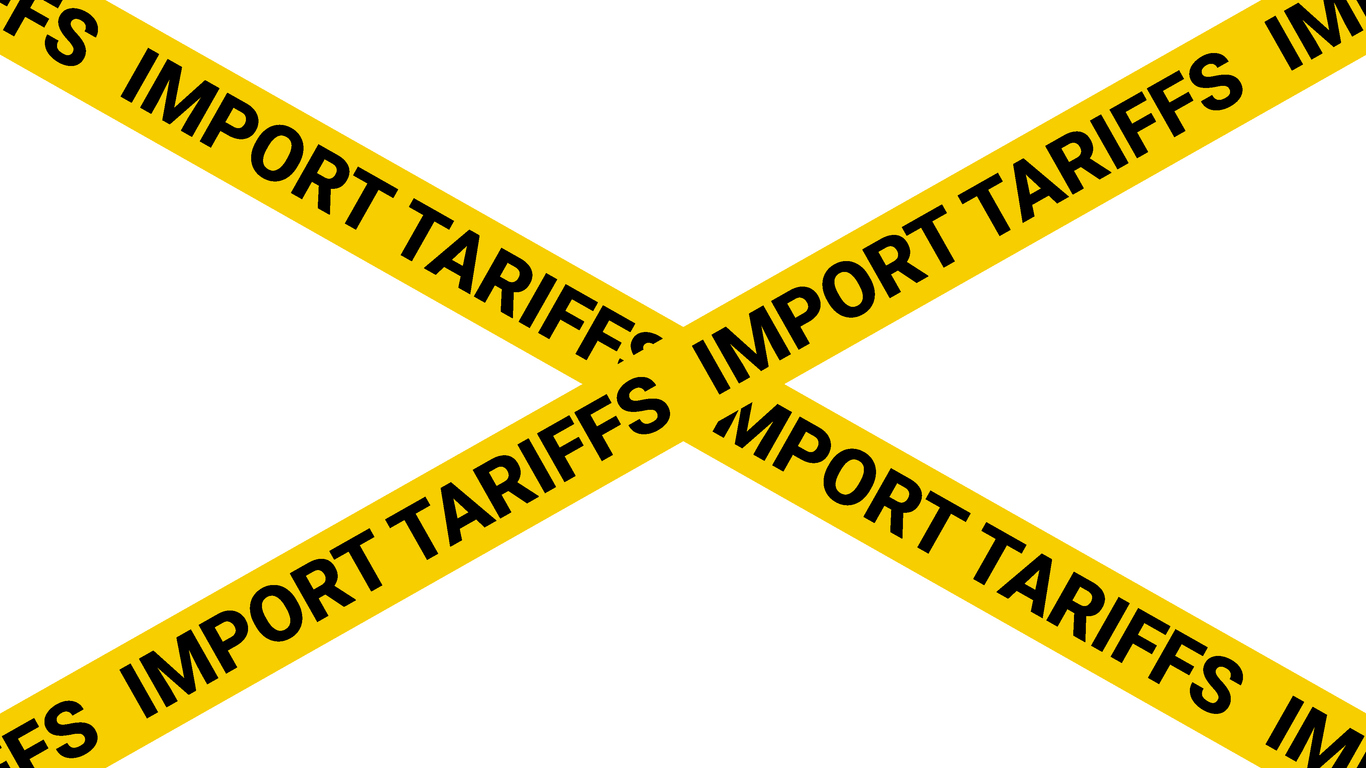Representation for Global Brands in Nigeria: Key Strategies and Opportunities
As one of Africa’s largest economies and most populous countries, Nigeria presents an exciting market for global brands. With a population of over 220 million people and a rapidly growing middle class, the demand for international products and services continues to rise. For global brands looking to enter or expand their presence in Nigeria, effective representation is key to success. Understanding the local market, navigating regulatory environments, and establishing strong distribution channels are essential to capturing this opportunity.
Why Nigeria is an Attractive Market for Global Brands
Nigeria’s economic potential lies in its demographics, growing consumer base, and natural resources. Here are some of the main reasons why global brands should consider investing in Nigeria:
- Rising Middle Class: As urbanization increases, Nigeria’s middle class is growing, leading to higher disposable incomes and increased demand for premium goods.
- Tech-Savvy Population: Nigeria has one of the highest rates of mobile phone penetration in Africa, making it a prime market for tech-based brands, digital services, and e-commerce platforms.
- Youthful Demographics: With a large youth population, brands targeting younger consumers, such as fashion, tech, and entertainment, are finding success.
- Gateway to West Africa: Nigeria is a hub for trade and business in West Africa, offering access to a regional market of over 400 million people.
Key Strategies for Successful Representation in Nigeria
- Partner with Local Distributors
One of the most effective ways for global brands to establish a presence in Nigeria is by partnering with experienced local distributors. These distributors have in-depth knowledge of the market, local consumer behaviors, and regulatory requirements. Companies like Wigmore Trading offer distribution services that help global brands navigate logistics, warehousing, and supply chain management in Nigeria.Benefits of partnering with local distributors:
- Access to established networks of retailers and wholesalers.
- Streamlined importation processes.
- Effective market penetration with minimal operational costs.
- Leverage Local Marketing and Advertising
Understanding Nigerian consumer behavior is crucial to effective branding and marketing. While traditional advertising channels such as TV, radio, and print remain popular, digital marketing is quickly gaining traction. Social media platforms like Instagram, Facebook, and Twitter have become powerful tools for reaching Nigeria’s tech-savvy younger population. Global brands should tailor their messaging to resonate with local cultural norms, values, and aspirations. - Adhere to Local Regulations and Compliance
Nigeria has strict regulations regarding the importation and sale of foreign goods. Companies must navigate customs processes, adhere to product standards, and comply with labeling requirements. This is where a local representative can ensure your brand operates within the law and avoids costly penalties.Partnering with a company like Wigmore Trading, which specializes in import and distribution services, can help global brands navigate these complexities smoothly.
- Offer Products at Competitive Prices
While Nigeria’s middle class is growing, price sensitivity remains a critical factor for most consumers. Global brands must offer competitive pricing while maintaining product quality. This is particularly true for fast-moving consumer goods (FMCG) like food, beverages, and personal care products. Offering promotional discounts, leveraging bulk buying options, or offering locally-produced variants can help make products more accessible to a broader audience. - Utilize E-Commerce and Digital Payment Solutions
Nigeria’s e-commerce sector is expanding rapidly, driven by increased internet access and mobile penetration. Global brands can take advantage of e-commerce platforms like Jumia, Konga, and PayPorte to reach consumers across the country. Additionally, adopting digital payment methods, such as mobile money and fintech solutions, can streamline transactions and boost customer trust. - Cultural Relevance and Local Adaptation
Successful global brands often adjust their products or services to meet local tastes and preferences. For example, international food brands may introduce flavors that appeal to Nigerian palates, while fashion brands may cater to local styles and cultural norms. Localizing products and services can significantly increase a brand’s appeal and ensure long-term customer loyalty.
The Role of Wigmore Trading in Global Brand Representation
Wigmore Trading plays a pivotal role in helping global brands successfully enter the Nigerian market. With extensive experience in importation, logistics, and distribution, Wigmore Trading offers tailored solutions for companies looking to expand into Nigeria. Key services include:
- Import and Export Solutions: Handling all aspects of the import process, including customs clearance and compliance with Nigerian regulations.
- Warehousing and Distribution: Offering strategically located warehouses and an established distribution network to ensure that products reach consumers efficiently.
- Product Sourcing and Procurement: Assisting in sourcing products and negotiating deals with local suppliers or manufacturers to meet specific market needs.
- Supply Chain Management: Providing end-to-end supply chain solutions that optimize logistics, reduce costs, and increase profitability for global brands.
Challenges to Consider
While Nigeria offers immense opportunities, there are challenges that global brands must be prepared to face:
- Infrastructure Issues: Poor road networks and inconsistent power supply can affect supply chains and distribution efficiency.
- Regulatory Hurdles: Navigating the complex regulatory landscape can be difficult, but partnering with experienced local firms can mitigate these risks.
- Economic Instability: Fluctuations in the value of the Nigerian naira and inflation rates can impact pricing strategies and profitability.
Conclusion
For global brands, Nigeria represents a dynamic and promising market with vast opportunities for growth. However, success in this market requires strategic planning, a deep understanding of local consumer behavior, and strong partnerships with local distributors and marketers. Companies like Wigmore Trading provide the expertise and infrastructure needed to ensure smooth market entry and sustained growth.
By leveraging these strategies and working with experienced partners, global brands can unlock the full potential of the Nigerian market and establish a strong foothold in West Africa.








Comments are closed.